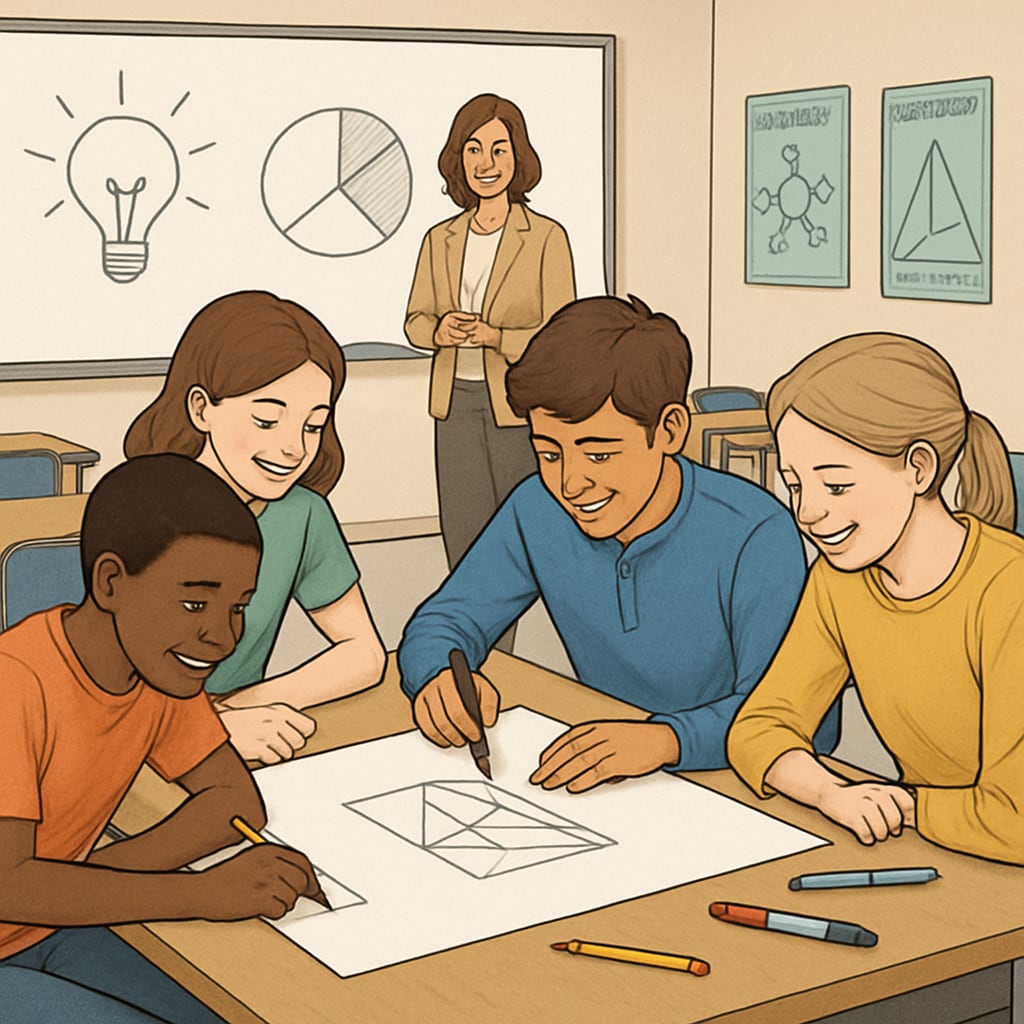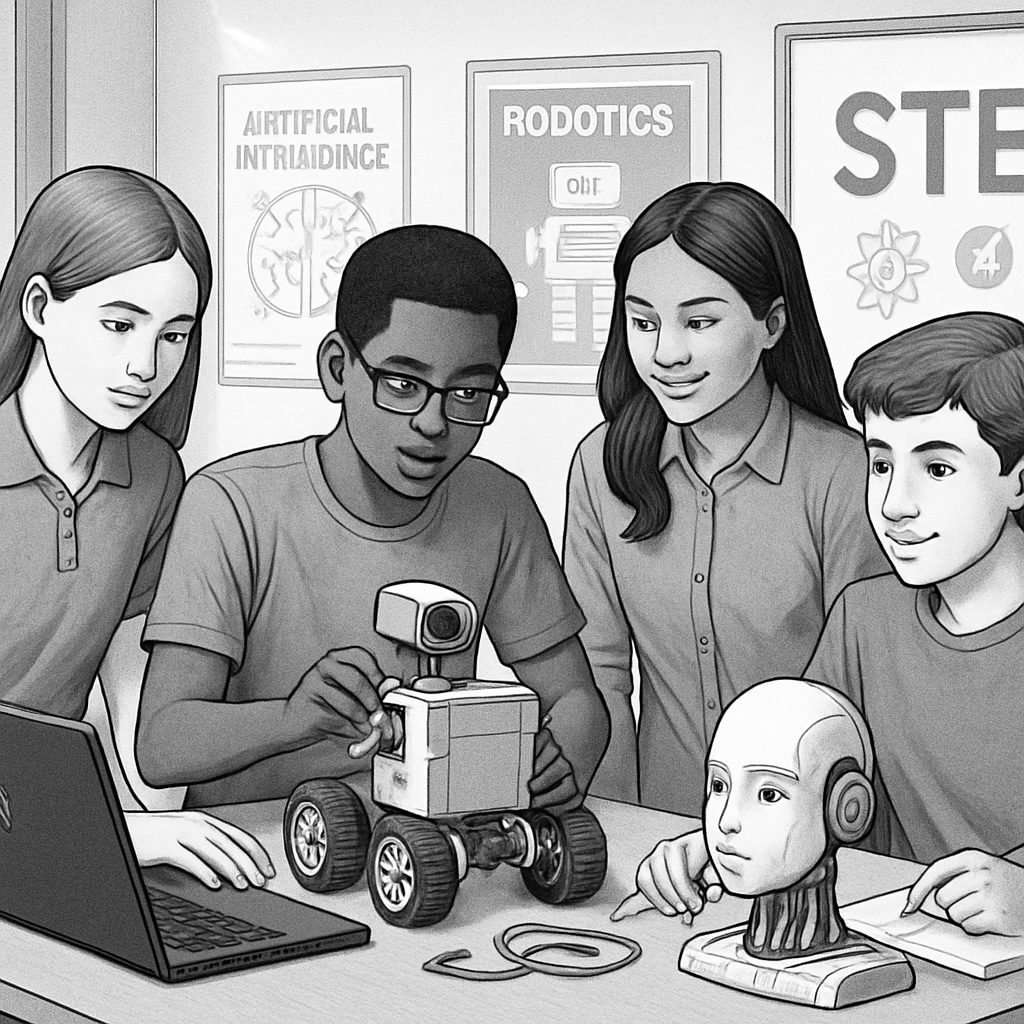The rapid advancement of AI development is increasingly challenging the traditional value of higher education and reshaping career prospects. This unprecedented technological evolution has sparked debates about the relevance of academic degrees and the skills required in a workforce dominated by intelligent machines. In this context, K-12 education must adapt to equip students with the tools they need to navigate an uncertain future. By fostering critical thinking, creativity, and adaptability, schools can ensure students are prepared to thrive in the AI-driven era.
Why AI Challenges Traditional Education and Career Paths
Artificial intelligence has introduced automation and efficiency into industries that were once reliant on human expertise. Jobs in fields such as data analysis, customer service, and even creative writing are increasingly being performed by AI systems, raising questions about the future of careers traditionally pursued by college graduates. As a result, the perceived value of higher education is under scrutiny, with some questioning whether a traditional degree can guarantee employability in this rapidly changing landscape.
For example, technologies like ChatGPT and DALL-E are revolutionizing creative industries, while machine learning algorithms are optimizing decision-making processes across sectors. This shift highlights the need for individuals to possess skills that machines cannot easily replicate, such as innovative thinking and emotional intelligence. In this environment, K-12 education must pivot to focus on these areas to prepare students for a world where adaptability is key.

Reimagining K-12 Education for the AI Era
K-12 education must undergo significant changes to remain relevant in an AI-dominated world. The traditional focus on rote memorization and standardized testing is no longer sufficient. Instead, educators should prioritize developing critical thinking skills, fostering creativity, and encouraging adaptability in students. These qualities will allow them to thrive in environments where machines handle repetitive tasks, leaving humans to innovate and lead.
- Critical Thinking: Students should be trained to analyze information, question assumptions, and make informed decisions. This skill is essential for identifying opportunities and solving complex problems in uncertain situations.
- Creativity: Encouraging students to think outside the box and develop unique ideas can help them excel in roles that require innovation. Art, design, and creative writing should play a more prominent role in curricula.
- Adaptability: Given the pace of change in technology, the ability to learn new skills and adapt to shifting circumstances is crucial. Schools should teach students how to embrace lifelong learning and resilience.
By integrating these skills into the curriculum, K-12 education can help students build a strong foundation for a future where certainty is no longer guaranteed.

Preparing Students for Careers in the AI Era
As AI continues to reshape the job market, career readiness must also evolve. Traditional career paths are being disrupted, and new opportunities are emerging in fields like AI programming, ethical AI governance, and human-AI collaboration. To prepare students for these roles, K-12 education should incorporate technology-focused learning while balancing it with human-centric skills.
For example:
- STEM Education: Science, technology, engineering, and mathematics (STEM) subjects should be emphasized to provide students with a strong technical foundation.
- Ethics and Humanities: Understanding the ethical implications of AI and its impact on society will be critical for shaping responsible future leaders.
- Communication Skills: Effective communication and teamwork will remain essential for collaborating in increasingly multidisciplinary environments.
As a result, students will be better equipped to navigate a job market that values both technical expertise and human-centered abilities. For further reading on AI’s impact on society, consult Artificial Intelligence on Britannica or explore AI advancements on Wikipedia.
The Role of Parents and Educators
Parents and educators play a vital role in preparing students for this future. Schools should foster environments that encourage curiosity and exploration, while parents can support learning at home through activities that promote creativity and problem-solving. Communication between schools and families will be essential in aligning efforts toward developing students’ skills for the AI era.
Ultimately, by working together, educators and parents can create a generation of learners who embrace challenges with confidence and see uncertainty as an opportunity for growth.
As the AI revolution unfolds, transforming education is not just a necessity but an opportunity. With the right focus on critical thinking, creativity, and adaptability, K-12 institutions can prepare students to thrive in a future that is as promising as it is unpredictable.


